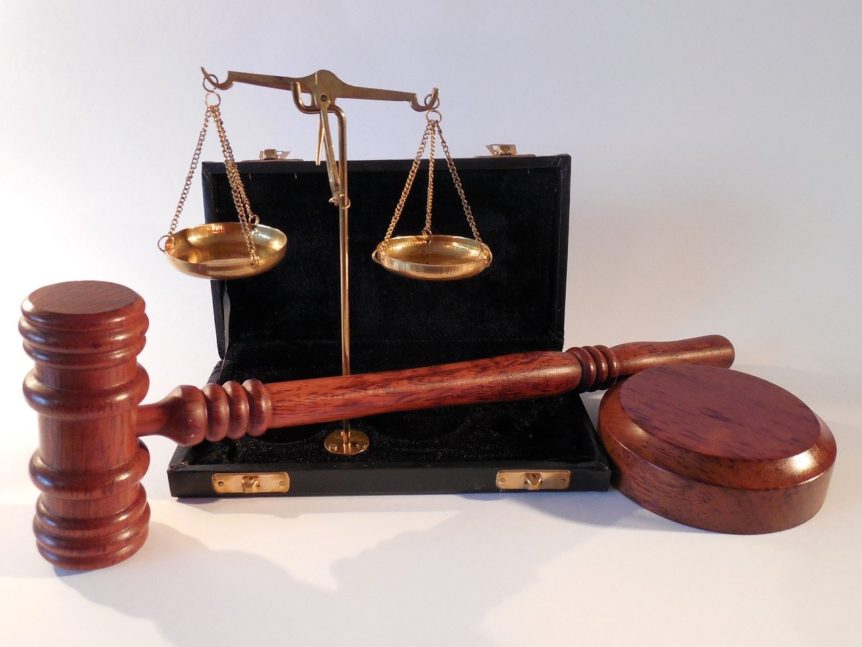Almost everyone has been in this catch-22 situation: You’re involved in some dispute about money. You want to recover it. Talking to the other party about it yields no results.
You want to pursue the matter through the court system, but when you consider the time and money it will take to retain a lawyer, you realize that it’s all a zero-sum game. So, what’s the way forward? Do you just let the whole matter slide? Well, you don’t have to.
Small claims court exists for just this purpose. Here’s everything you need to know about the process of filing a suit in small claims court.
What Is Small Claims Court
Small claims court is exactly what it sounds like. It’s a court system set up to resolve “small claims.” It exists for aggrieved parties to seek legal recourse and recover damages that are worth relatively small amounts of money. These courts exist to resolve disputes with a small claims court limit that typically ranges between $1,000 and $7,500.
The exact figure, however, varies from state to state. The beauty of it all is that you don’t need to have attorney representation. While it certainly helps to have a small claims lawyer to increase your chances of getting a favorable outcome, it’s not necessary. Simply prepare well, present your case and evidence to the presiding judge, magistrate or special appointee, and wait for the ruling.
It is more relaxed than other regular courts as you don’t have to follow all the rules of procedure and evidence which attorneys are expected to follow. And, let’s face it – you may not even be aware of what they are in the first place!
The premise behind the creation of the small claims court system is to unclog the legal system by swiftly moving through cases that involve small disputes between two parties in a relatively inexpensive manner.
How Does Small Claims Court Work
First, you need to understand when you should and shouldn’t file a claim in small claims court. For instance, regardless of the state you live in, you cannot use small claims court to file for bankruptcy, divorce, name change, or guardianship.
You also can’t use this system to seek emergency relief like an injunction to block an individual from carrying out an illegal act. Additionally, you cannot file a lawsuit against the federal government, a federal agency, or federal employees for actions related to their employment in small claims court.
Federal cases have to be filed in federal courts like the Tax Court or the Court of Claims. However, the Tax Court does have procedures for small claims. Here are some common claims you can resolve in small claims court.
Bad Debt

This is a type of contract case. To successfully pursue this type of claim, you first need to prove the existence of the debt, the date the payment was due, the amount, and that the person you’re suing has only paid it partially or not paid it at all.
Breach of Contract
You have to prove that the party you are suing has broken one or more terms of an agreement that was in place, causing you to suffer a monetary loss. A valid agreement (or contract) can be implied, oral or written.
Breach of Warranty
A warranty refers to an assurance extended to you by a merchant. To pursue this type of claim, you have to show that the merchant has breached the warranty and you have suffered monetary loss as a result. For instance, a new car you purchased suffers mechanical problems while still under a valid warranty.
Failure to Return a Security Deposit
This is one of the most common small claims court cases that arise between tenants and landlords. To file this suit, you need to prove that you paid a security deposit to your landlord and that it was partially refunded or not refunded at all. You also need to prove that you left the premises in clean and undamaged conditions and as such, the landlord owes you the full amount they’re withholding.
Defamation
To pursue a defamation suit in small claims court, you need to prove that the accused party said or wrote something about you or your business that was untrue and that it damaged your reputation as a result. Some states ban this kind of suits since more often than not untrue statements usually don’t result in devastating damage.

Personal Injury
You have to prove that the negligent actions of the accused party caused you to suffer a personal injury.
Property Damage
You have to prove that the negligent actions of the accused party caused damage to your personal property.
Product Liability
You need to prove that you suffered injuries as a result of a defective product. The manufacturer would be the defendant in the suit.
How to File in Small Claims Court
Filing a lawsuit against the accused party is a straightforward process. Remember, you go to small claims court when all attempts to resolve the issue with the other party have failed. The steps for filing a claim in small claims court are as follows:
- Document the steps you’ve taken to settle the issue. Ensure you send a demand letter via a suitable delivery system.
- Determine whether the court has jurisdiction to hear your case.
- Visit the court in question to get the forms you need, or download them online.
- Pay the small claims court costs. These are recoverable if you win.
- Calculate the value of your exact damages. Ensure that the amount in question meets the maximum and minimum threshold in your jurisdiction.
- File your claim within the time limit specified in your state’s statute of limitations.
- Gather all your evidence and prepare to present it to the judge on the court-appointed date.
Before you even file, you need to determine the likelihood of getting any money from the other party. If you’re dealing with a business, the chances are much better than if you’re dealing with an individual. Weigh your options before you decide to file.

Preparation Is Everything
Representing yourself in court is undoubtedly an intimidating process. However, if you gather the correct information, evidence, and anything else that is deemed necessary to strengthen your case, you’ll likely get the outcome you desire. Be sure to do your research first and, if you can afford it, let a lawyer handle it for you.
If you have more legal questions, you can also chat now with a Laws101.com attorney, where you’ll be instantly connected to a lawyer who can give you legal guidance on your specific case or question.
